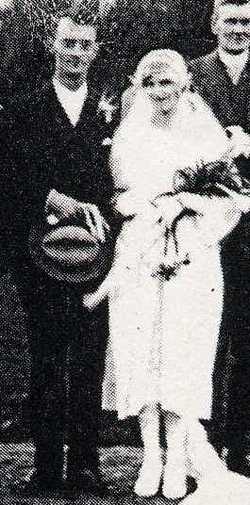 Hal & Ida on their wedding day
Hal & Ida on their wedding day When I recall Grandpa I feel heart-warmed, and have an emotional memory of a kind, quiet, humble man. He ended his days in a mental hospital, where he used to wake in the night, weeping in great distress, believing he was back amongst the terrible scenes of the battlefields.
I have been to battlefield cemeteries of both world wars on a number of occasions, and stood at the graves of men from many nations - Chinese, Indian, American, Canadian, Australian, Russian, French, North African, German, Irish, Scottish, English and Welsh, all in their time deeply mourned and missed by their loved ones. As most do, who visit these places, I am always profoundly moved.
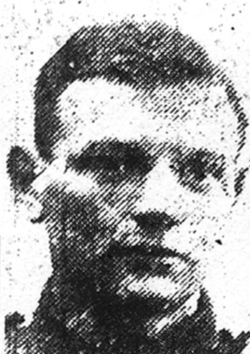 Oscar Maier
Oscar Maier On 1 July 2016, in one of many ceremonies, the democratically-elected leaders of the nations who took part in the First World War will gather for a ceremony at the Thiepval Memorial to the Missing near Albert, in France, to commemorate the appalling carnage of the First Day of the Battle of the Somme 100 years ago.
How desperately sad that what should have been a coming together of our leaders in a spirit of community and cooperation should be marred by the shocking division and hatred stirred up by the British referendum on 23 June.
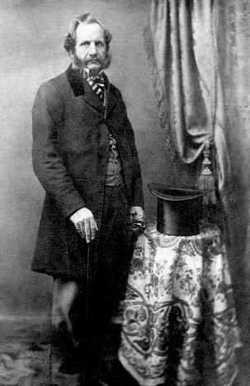
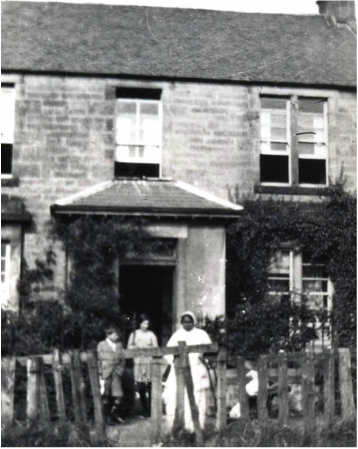
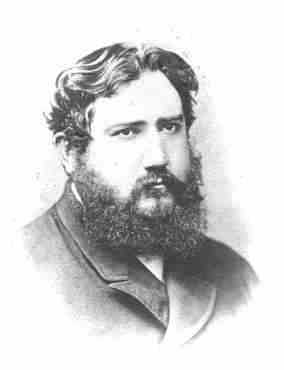
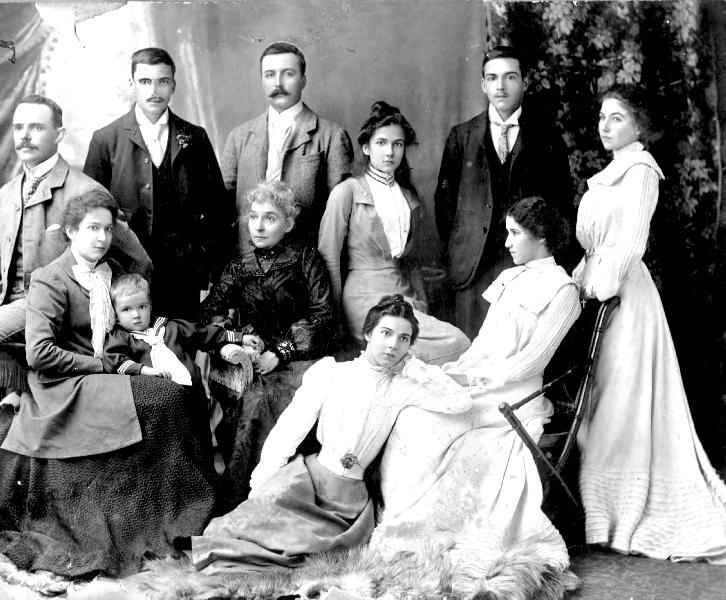
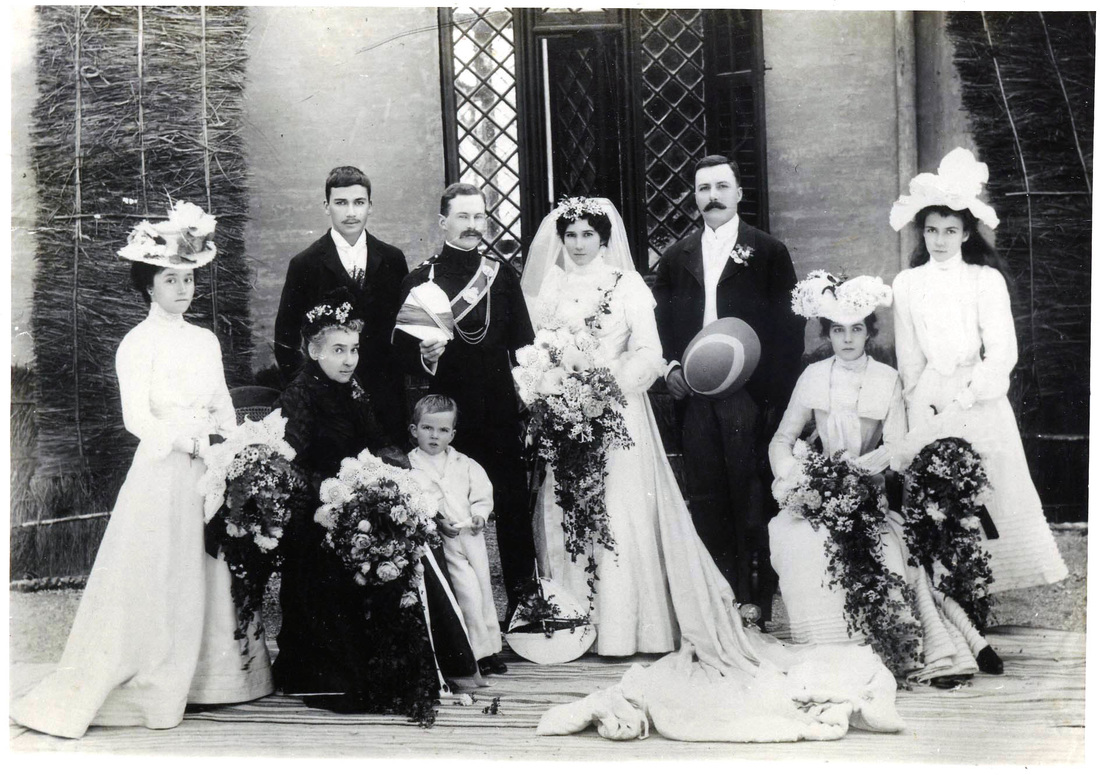
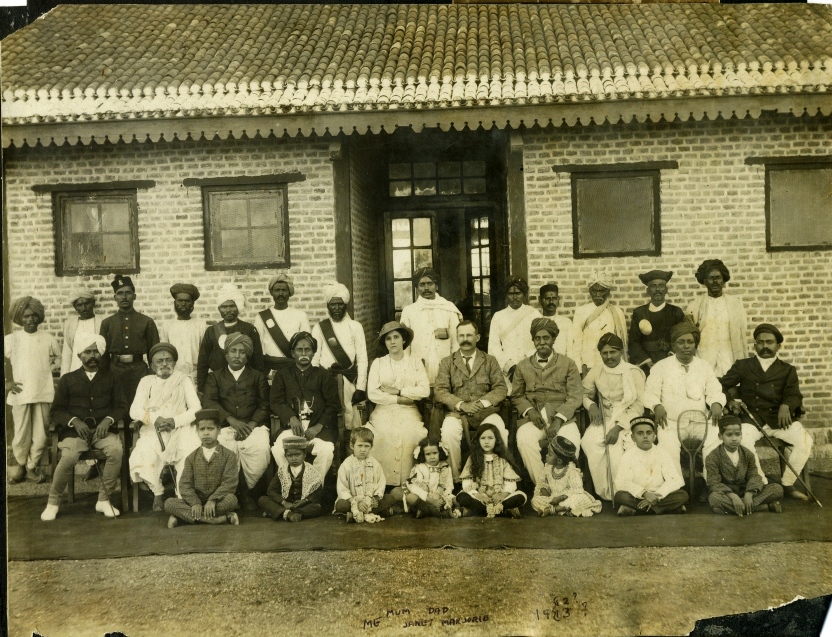
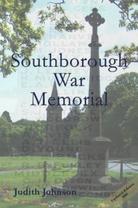
 RSS Feed
RSS Feed
